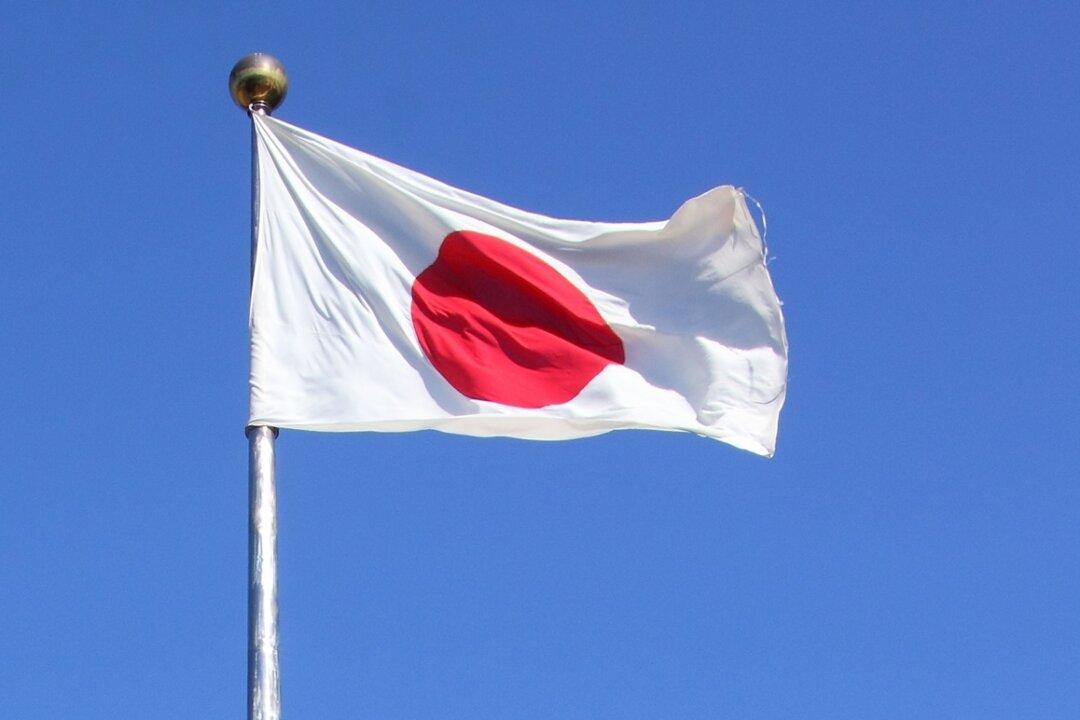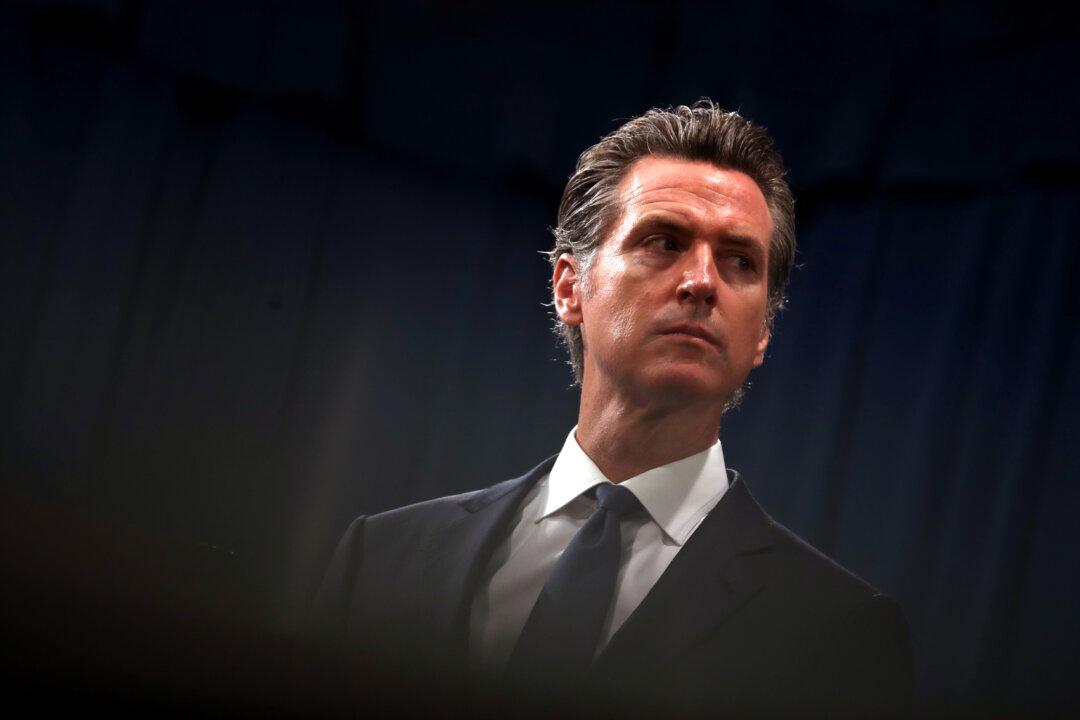“Aspiring sincerely to an international peace based on justice and order, the Japanese people forever renounce war as a sovereign right of the nation and the threat or use of force as means of settling international disputes. In order to accomplish the aim of the preceding paragraph, land, sea, and air forces, as well as other war potential, will never be maintained. The right of belligerency of the state will not be recognized.”
These are the words of Article 9 of the 1947 Japanese Constitution, a document written by the occupying U.S. forces under Gen. Douglas MacArthur. At the time of the adoption of this pacifist constitution, the United States was concerned about a resurgent nationalist group coming into power in Japan, and this was a measure to prevent that.





